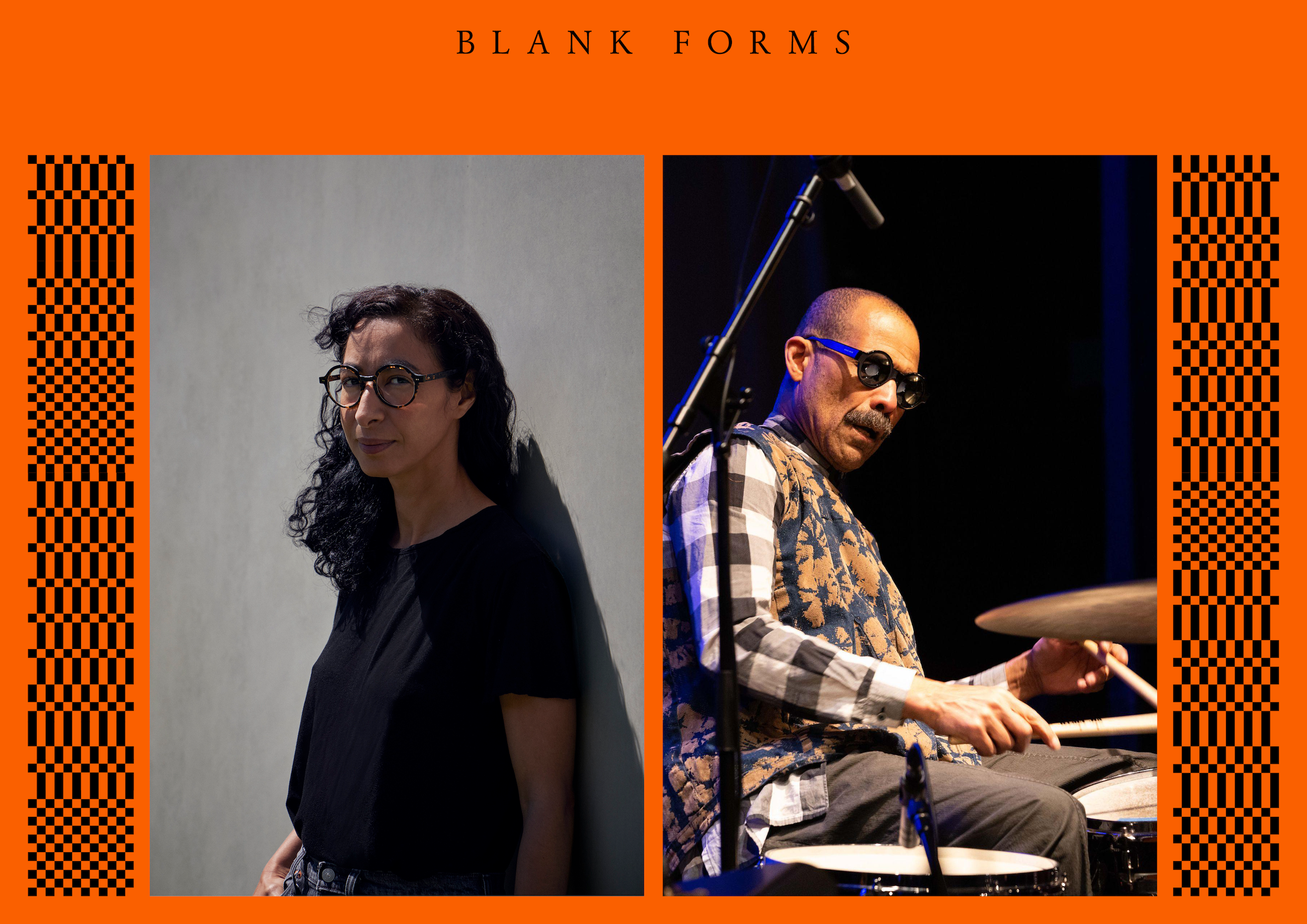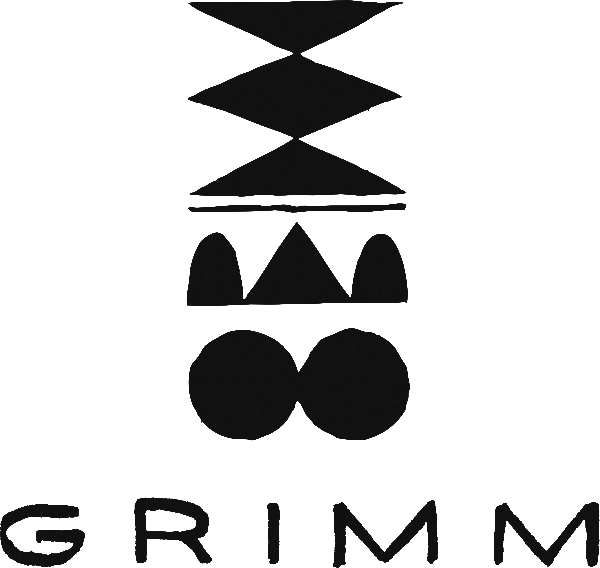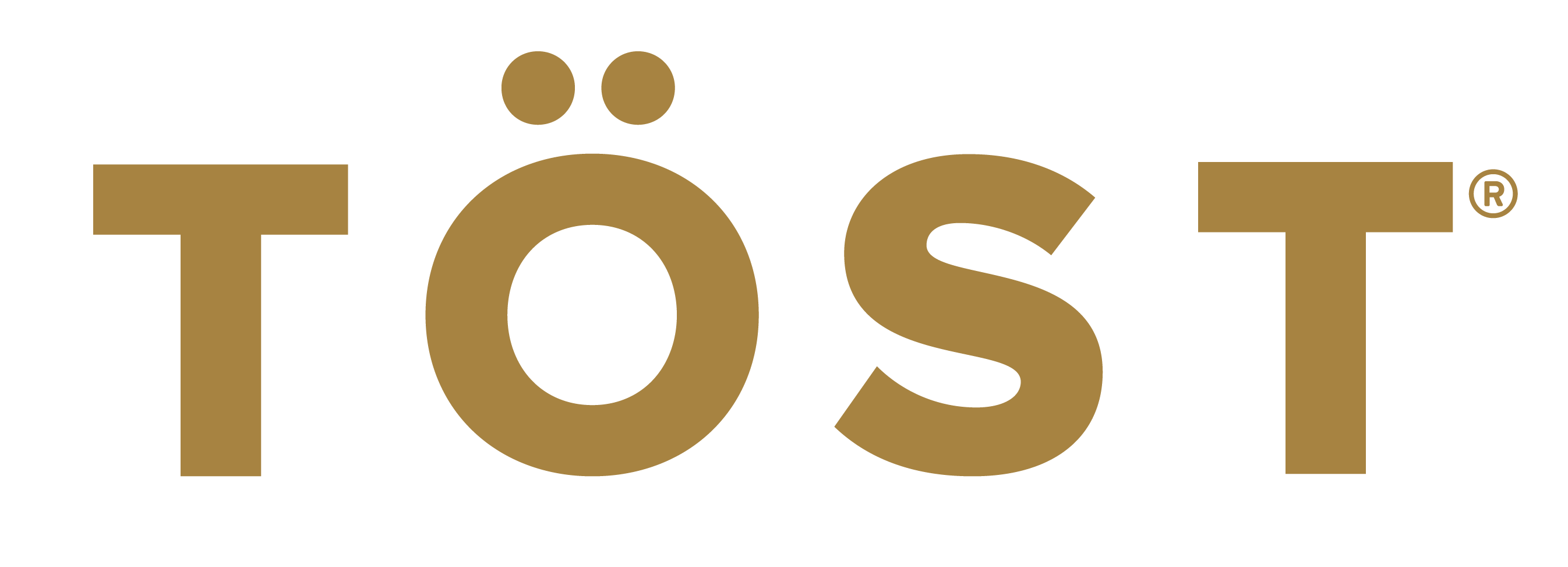Blank Forms 7th Annual Gala Honoring Latifa Echakhch and Kahil El’Zabar

The Angel Orensanz Foundation
New York, NY 10002
On Wednesday, November 13th, Blank Forms presents its seventh annual benefit gala honoring visionary artists Latifa Echakhch and Kahil El’Zabar. Please join us for cocktails, dinner by Kreung Cambodia, and special performances by the Ethnic Heritage Ensemble and others.
Echakhch and El’Zabar are not only pillars of formal and aesthetic innovation, but also longtime community leaders, continually expanding and connecting their worlds. At Blank Forms, which was founded to foster artistic community across disciplines, we hold their achievements as a model for what is possible when artists have trusting collaborators to champion their most daring work.
Our yearly gala raises crucial funds for new commissions, public programs, publishing and archival initiatives. For more information, please contact Corinne Daniel: corinne@blankforms.org
GALA COMMITTEE: François J. Bonnet, Shumita and Arani Bose, James Cahn and Jeremiah Collatz, Walker Carpenter, Nick Cave and Bob Faust, Cheswatyr, Louis Chude-Sokei, Thulani Davis, Chaz Ebert, Steven Elliott, Theaster Gates, Angela Goding, Josephine Graf and Joseph Miller-Gamble, Stefanie Hessler, Eleanor Heyman, Steven Incontro and David Joselit, Rashid Johnson, Dwayne Johnson-Cochran, Sanya Kantarovsky, kaufmann repetto, Milan and New York, David Kordansky, Jacques Louis Vidal, Kali Malone and Stephen O’Malley, Sarah Martin-Nuss and David Nuss, Claude-Aline and Sandro Miller, Vyjayanthi Rao and Satya Pemmaraju, Linden Renz, Julia Trotta, Devon Turnbull, Lyndsy Welgos, Gordon VeneKlasen/Michael Werner Gallery, Ben Wolfson.
GALA SPONSORS: Grimm Artisanal Ales, Heritage Wines, Tito's Handmade Vodka, TÖST.
LATIFA ECHAKHCH is a Moroccan-French visual artist currently based in the Swiss city of Vevey. She is known for a startling body of paintings, sculptures, and installations that explore the cascading, multitudinous meanings of everyday materials, examining themes including migration, conflict, and memory. Born in El Khnansa in 1974, Echakhch and her family relocated to France when she was three. She attended the École supérieure d’Art de Grenoble and later received degrees from the National School of Arts Cergy-Pontoise and the Lyon National School of Fine Arts, and began her studio practice in 2001. In 2007, Le Magasin in Grenoble presented her first solo museum exhibition, which included her defining early installation À chaque stencil une revolution (For Each Stencil a Revolution). With a title borrowed from a comment by Palestinian resistance leader Yasser Arafat (1929-2004) on the May 1968 French student uprisings, the piece tiles dyed carbon paper, a common medium of 1960s leaflets, throughout the room, treated with alcohol that causes the blue ink to lift, drip, and pool on the floor—an elegy for a revolutionary moment and a wink to Yves Klein. In other works, she has similarly repurposed charged materials, including a partially felled theater canvas, its lower half crumpled out onto the gallery floor (La dépossession, 2014); the diacritic markings left over from erased Arabic poetry (Noise and Missing Words, 2014); and—in a 2022 collaborative exhibition with photographer Zineb Sedira at the Kunsthaus Baselland—assorted objects like wineglasses, cigarette packs, discarded running sneakers, and LPs (including Robert Wyatt’s Rock Bottom and Brian Eno’s Another Green World).
Throughout her work, Echakhch has explored the role of sound as a social practice, citing composers such as Alvin Curran, Ryoji Ikeda, and Terre Thaemlitz as an influence. Chosen to represent Switzerland at the 59th Venice Biennale, Echakhch explicitly took up musical aesthetics, enlisting percussionist Alexandre Babel and curator and former DJ Francesco Stocchi. “Music is more directly linked to the idea of time passing,” she has said. “You can feel it in your body. When you share a painting or sculpture, you see the world around you and you give it back through your artwork. This process of sharing music is much more immediate.” In the resulting pavilion, titled The Concert (2023), humanoid sculptures evoking fire rituals and folk customs, made from recycled material from previous biennales, filled a darkened room illuminated like a glowing ember by Babel’s contribution, a percussive score then delivered in light rather than sound. Echakhch’s long standing interest in time, memory, and change—arcing between the political and the everyday—here finds a center of gravity in cycles of destruction and rebirth. At Art Basel in 2023, her fascination with sonic catharsis bloomed into deconstructed stage plot with rotating performances co-curated with La Becque | Artist Residency director Luc Meier, featuring artists such as Alvin Curran, Leila Bourdreuil, Oren Ambarchi, Moor Mother, Rhys Chatham, and Robert Longo. For Echakhch, these recent projects bridging visual and ephemeral art have confirmed an invigorating, cross-disciplinary kinship. “The things I put on display in my installations are a polyphonic weave of feelings that could be contradictory: joy, sadness, expectation, disappointment – all very common,” she says. “This possibility of direct emotional experience is something music offers: emotions are transferred and felt as a kind of endless braid.”
Spiritual jazz legend DR. KAHIL EL’ZABAR has been at the center of Chicago’s avant-garde scene for over half a century. Since founding the Ethnic Heritage Ensemble in 1973, El’Zabar has primarily been described as a percussionist, but his multifaceted musical talents go well beyond such a summary. As a bandleader, vocalist, composer, conductor, and educator, El’Zabar has nurtured an extraordinary musical universe—one rooted in Chicago’s South Side and opening out onto the cosmos. A center in himself, his gravity has pulled myriad collaborators into its expansive orbit, including heavyweights Pharoah Sanders, Nina Simone, Dizzy Gillespie, Archie Shepp, Stevie Wonder, Eddie Harris, Lester Bowie, Paul Simon, Billy Bang, and Neneh Cherry among them.
Born in the Windy City to parents who had migrated from the South, El’Zabar (née Clifton Henry Blackburn, Jr.) has enjoyed a winding career, cultivating an unequaled presence as a rare frontman on drums. At the tender age of four, El’Zabar began playing a bebop kit his father had in the basement, eventually switching to hand percussion at age fourteen. By the early 1970s, El’Zabar had begun to make a living playing as a session musician for the likes of Dionne Warwick, Donny Hathaway, and the Pharaohs, while beginning to immerse himself in the Association for the Advancement of Creative Musicians (AACM) milieu, with visionary players such as Kalaparusha Maurice McIntyre, Roscoe Mitchell, Malachi Favors, and George E. Lewis all living within a few blocks of him. Recounting how Muhal Richard Abrams would pick him up in a station wagon for band practice with stalwarts like Henry Threadgill and Steve McCall, it’s no wonder El’Zabar eschewed the journeyman life of a pop-soul rhythm-keeper in favor of this bold new style’s siren call.
As many of the group’s first wave left Chicago for New York, El’Zabar was thrust into the role of chair of the organization at the age of 22. In this same period, the young percussionist founded the now fifty-year-old Ethnic Heritage Ensemble (EHE), which he describes as “an acoustic improvising ensemble with an African base.” Though it began as a quintet, the group soon mutated into the unusual trio of percussion and two horns, a streamlined outfit for easy touring, and the result of a dream by El’Zabar, imagining an elephant’s head with a rhythm section trunk and dual brass as its ears. A symbol of luck and strength, the pachyderm emblem has served the ensemble well as it evolved through different personnel over the course of its half-a-century history, now held down with Corey Wilkes on trumpet and Alex Harding on baritone saxophone. Even a half century on, El’Zabar shows little sign of slowing down: his performances prove him to be an inimitable force, as he animates his band and audiences alike with dazzling hand drums, buoyant vocals, shamanic stage presence, and improvised conduction. His unparalleled dedication keeps alight a rich creative lineage while continuing to foster a new generation of players, ensuring this fiery musical legacy continues to burn brightly.
Founded by Dr. Kahil El’Zabar in 1974, the ETHNIC HERITAGE ENSEMBLE is dedicated to fusing Black American musical vernacular, traditional African rhythm and instrumentation, and forward-thinking sonic motifs. The group is known for its tight, trance-like rhythmic foundation, innovative harmonics and counterpoint, and deeply-honed group interplay. In its transporting performances, pulsating drums and kalimba, blaring brass and sax, interlocking grooves, and El’Zabar’s animated and quasi-shamanic command of the stage all collide. Over its fifty-year history, the group has counted among its members the visionary tenor saxophonist Kalaparusha Maurice McIntyre, trombonist Joseph Bowie (brother of Lester), and a plethora of Chicagoan talent from Ernest Dawkins to Isaiah Collier.
KREUNG CAMBODIA celebrates the joy of Khmer cuisine. Built on a history of traditional recipe sharing, with dishes steeped in generations of traditional cooking methods, Kreung uses only the best sustainably farmed and foraged local ingredients. Founder and Chef Chinchakriya Un brings her unique approach to Cambodian cuisine to the U.S. through ‘pop-ups’ and dinners in cities and spaces all over the world.
The Angel Orensanz Foundation is wheelchair accessible via elevator.
Priority front row table for ten guests with table service, dinner and drinks
Complimentary Blank Forms All-Access memberships for two, and Friend memberships for guests
Complimentary Blank Forms tote bag and selected 2024 publications for all ten guests
Invitations to private events throughout the year
Honoree listing in print and online and special name recognition on the Benefit Committee
$23,900 tax deductible
Priority table for ten guests with table service, dinner and drinks
Complimentary Blank Forms Friend memberships for all ten guests
Complimentary Blank Forms tote bag and publication for all ten guests
Invitations to private events throughout the year
Special name recognition on the benefit committee list in print and online
$13,250 tax deductible
Table for ten guests with table service, dinner and drinks
Complimentary Blank Forms All-Access membership for two
Complimentary Blank Forms tote bag and publication for all ten guests
Invitations to private events throughout the year
Name recognition on the benefit committee list in print and online
$8,500 tax deductible
Individual Tickets
$2,500 Honoree Ticket (includes Honoree Table benefits)
$1,500 Benefactor Ticket (includes Benefactor Table benefits)
$1,000 Patron Ticket (includes Patron Table benefits)
$80/ticket not deductible
Donations
100% tax deductible
*Blank Forms is happy to invite artists and collaborators to join tables with unused seats
**For payments by check (preferred, no fees), please contact Corinne Daniel at corinne@blankforms.org



